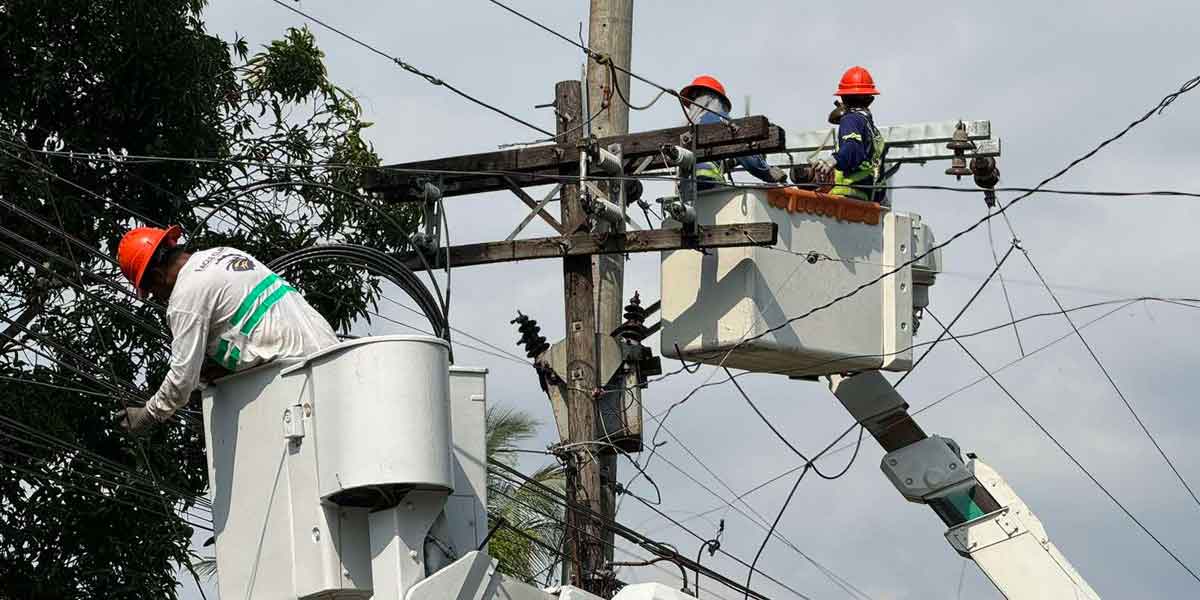The Supreme Court’s recent decision to grant a writ of amparo to Siegfred Deduro, an Ilonggo activist and former Bayan Muna representative, underscores a critical and perilous issue that has long plagued the Philippines: red-tagging.
This ruling not only highlights the specific dangers faced by activists but casts a broader light on the severe implications of red-tagging. This practice, which involves labeling individuals or organizations as communists or terrorists, has imperiled not only activists but also lawyers, journalists, and leaders of indigenous groups—indeed, all who dare to defend the freedoms enshrined in our constitution.
Red-tagging, as the Court astutely acknowledges, transcends mere defamation or political labeling. It effectively sets the individuals and groups so tagged into the crosshairs of potential violence and persecution. It is a potential death sentence. It paints targets on the backs of those tagged, making them likely victims of abduction, extrajudicial killings, and other violent acts, often under the guise of fighting communism.
Lawyers, journalists, activists, and leaders of indigenous communities are increasingly ensnared by this practice, their lives and liberties jeopardized. The chilling effect on freedom of speech and legitimate dissent is palpable and profoundly undemocratic.
The Supreme Court’s decision, which associates red-tagging with threats to life and liberty, gives legal teeth to the argument that such actions are fundamentally unconstitutional and a gross violation of human rights.
The Court’s ruling is illuminating, particularly in its citation of Associate Justice Marvic Leonen’s opinion in the 2015 Zarate vs. Aquino III case which articulated a clear and potent denunciation of red-tagging.
The ruling categorically frames red-tagging as a precursor to more severe actions, such as abductions or killings by vigilantes or even state agents. This recognition is vital, as it acknowledges the fear and peril that red-tagged individuals face daily.
By defining the term through judicial precedence, the Court aligns it with acts that threaten personal safety and freedom, effectively making a robust legal argument against such practices. The mention of red-tagging as a likely precursor to more severe actions such as abductions or extrajudicial killings underlines the dire consequences that can follow.
Moreover, the absence of due process in the initial handling of Deduro’s case by the lower court underscores a disturbing disregard for judicial norms and the principles of justice. By not allowing those accused to defend themselves properly before being publicly condemned, the state fails in its fundamental duty to uphold the rights of all its citizens under the law.
The case of Deduro vividly illustrates this failure. He was labeled a ranking member of the CPP-NPA without substantial proof, based solely on the declarations made in public by military officials and further propagated through posters and media. This baseless accusation nearly cost him his liberty and possibly his life.
The significance of the Supreme Court’s directive for a summary hearing is profound. It ensures that both the accuser’s and the accused’s sides are heard, maintaining the balance that justice demands. This is not just about one man’s struggle for justice but a call for systemic change to protect all citizens from similar baseless accusations.
This ruling does not exist in a vacuum; it resonates with the echoes of past abuses where the lack of accountability for red-tagging and similar practices has led to grievous violations of human rights. The Supreme Court’s decision is a crucial step in reinforcing the legal protections against such abuses. It is a reminder that the judiciary serves as a bulwark against the misuse of power.
Civil society organizations and political groups have rightly lauded the decision, seeing it as a validation of their long-held concerns regarding state overreach and the vilification of legitimate political dissent. However, as noted by youth and activist groups, while the ruling is a significant milestone, it is but a step towards broader reforms needed to address the root causes of dissent and insurgency, such as land reform, national industrialization, and the protection of indigenous rights.
As we move forward, it is essential that this ruling catalyzes a shift in governmental approaches towards handling dissent and political activism. Red-tagging should not only be judicially condemned but also legislatively addressed to ensure that such dangerous practices are eradicated. The state must commit to upholding the principles of democracy, due process, and human rights, steering clear of tactics that undermine these foundations.
The Supreme Court’s ruling offers a beacon of hope and a legal framework that should guide future actions. It is imperative for all branches of government and society to take heed and ensure that the shadows cast by red-tagging no longer darken the civic space in the Philippines.




















